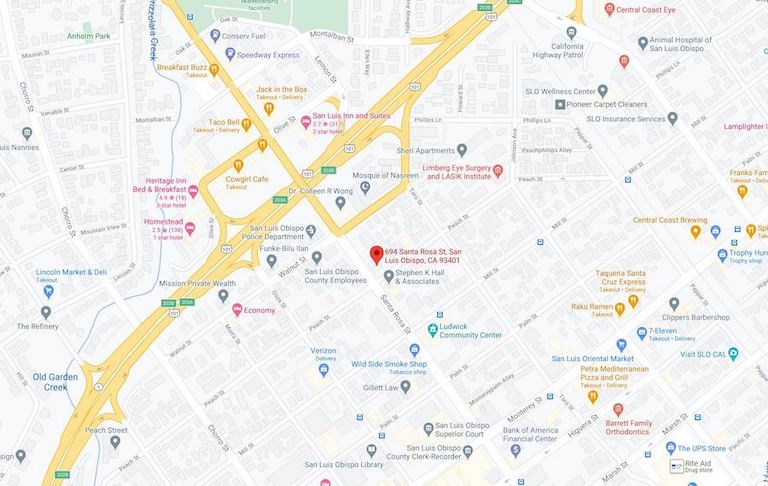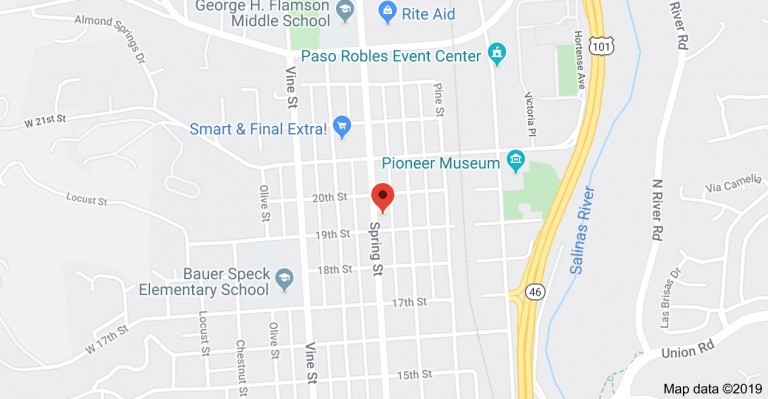The Litigation Hold
Assume that a business manufactures and ships masks nationwide. A mask might become contaminated and cause a person to inhale something toxic, or its material might result in an allergic reaction visible on the skin. Faced with one of these hypotheticals, the standard legal advice to the business would be to maintain all of the relevant facts and to initiate a litigation hold once a claim is made or a lawsuit is filed. Under a litigation hold, a client must preserve all relevant paper and electronically stored information (ESI). The data preserved in a litigation hold includes relevant:
- Voicemails;
- Social media posts;
- Calendars;
- Cookies;
- Contracts/terms & conditions;
- Correspondence in any format;
- Paper or electronic notebooks;
- Diagrams; and
- Software files.
Maintaining Information
Besides safeguarding the relevant data, a litigation hold also requires the client to suspend data destruction policies, identify the location(s) of relevant data, identify employees with relevant data, inform affected employees to preserve their data, notify affected third parties, and develop a collection process geared towards the goal of maintaining all relevant information. The use of instant messenger should also be avoided, unless the software allows the preservation of conversations relevant to the matter.
A legal necessity
The retention of critical data is not merely a convenience, but is often a necessity and legally mandated in the legal process. Failure to preserve relevant documents and data can result in court sanctions. However, the duty to preserve data often ends there – it is merely a duty to preserve. Clients navigating a litigation hold do not need to sort, categorize, index or summarize any documents. The goal is to preserve data as it is, for future use and discovery.
Protecting your interests
Ultimately, the goal of any business is to avoid lawsuits/claims or to be well prepared when faced with one. By implementing the above-mentioned recording procedures, potential clients can feel more confident that they have done what they can to protect their interests and to reduce costs (and attorney fees) when such litigation hold demands are made.
Contact Legal Professional
The information provided herein does not, and is not intended to, constitute legal advice; instead all information, content, and materials are for general informational purposes only.
If you have any questions, contact Carmel & Naccasha or if would like to seek legal counsel, please reach out to Z Naccasha. For more details, read our full disclaimer.
Thank you to William Rigali for assisting with research aiding in the creation of this post.



